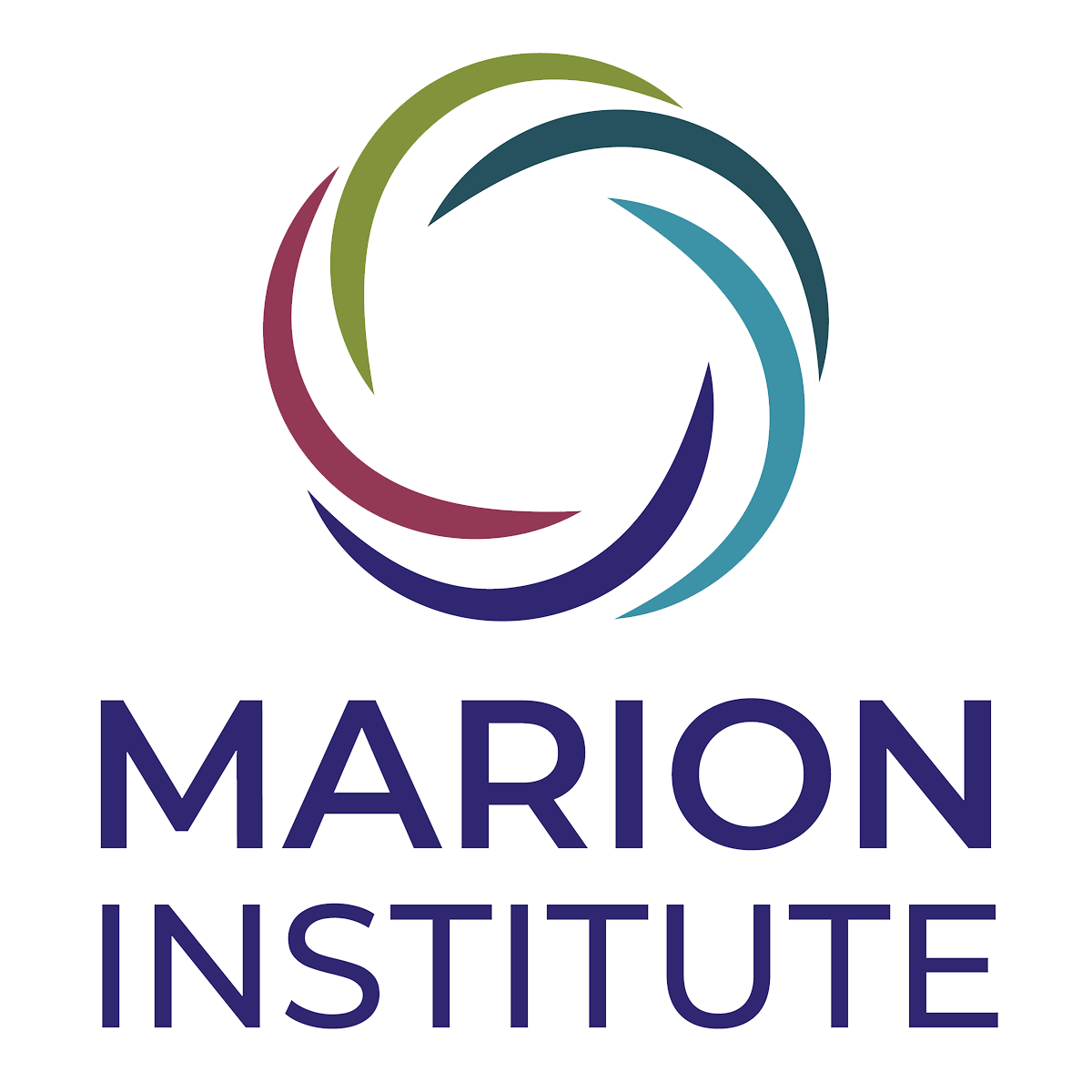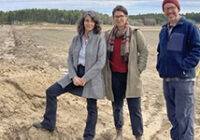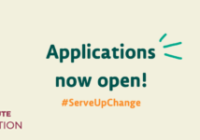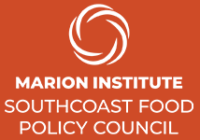Marion Institute Executive Director Janet Milkman spoke at the Regional Greenhouse Gas Initiative Hearing held on Nov. 15, at UMass Dartmouth, encouraging outreach to low-income and non-English speaking communities. The text of her testimony can be read below.
Who we are
Good evening. My name is Janet Milkman and I am the Executive Director of the Marion Institute. We are a small private non-profit working on issues of health, social justice, and sustainability in the SouthCoast. This year we took on the SouthCoast Energy Challenge, which is a non-profit outreach effort to connect SouthCoast residents with MassSave programs. Over the last 4 years, the program has signed up 16,000 residents for MassSave and several hundred for residential solar. Given the progress the program has made, we have shifted our focus to the hardest to reach audience: these are lower income homeowners and renters in New Bedford who pay utility bills and therefore pay for MassSave programs. Our outreach manager, Millie Sanchez, could not be here tonight but she has shared her thoughts with me.
What we do
We hired a Spanish-speaking outreach manager, since now nearly a quarter of New Bedford residents are Hispanic, and that number is significantly higher in the lower income neighborhoods. We work through the public schools, through ESL classes, through the City of New Bedford, and through churches and businesses, to reach out to this audience.
Our audience
The people we are reaching out to do not necessarily speak English. They speak Spanish or Creole. They are not PACE eligible. They are more likely to be renters than owners. They do not necessarily use e-mail. They do pay utility bills, including the fees for conservation and renewables – and these bills are a significant burden for them. For the most part, they do not know about the availability of MassSave programs or ways to save on their electric bill. On average 80 percent of the people Millie has spoken with have never heard of MassSave or these issues.
What we suggest
This audience is harder to reach and therefore will cost more to reach. But it represents a major opportunity for further energy savings and greenhouse gas reductions. This audience also stands to benefit the most from lower electric bills and from increased home comfort resulting from conservation programs and education. They are paying for the programs and should be able to access the benefits. The cost of reaching them appears to be a barrier for conservation providers. However, the intent of RGGI and the programs it funds is not to reach those only that are most accessible. Based on our work, we have the following recommendations:
- Hire Spanish and Creole-speakers for outreach, scheduling and contracting. If any one of these roles is missing, the whole system will fail for this audience.
- Advertise the programs through avenues that this audience actually pays attention to: Spanish-language radio and TV; local economic development programs and ESL programs; local churches
- Provide further incentives for landlords to invest in energy conservation. The renters are paying for it, but can’t get the services without the landlord. It has to be made easier. There ought to be funding for pilots to figure out the best ways to make that happen.
We would be pleased to share more of our information and to help find solutions to these issues.











